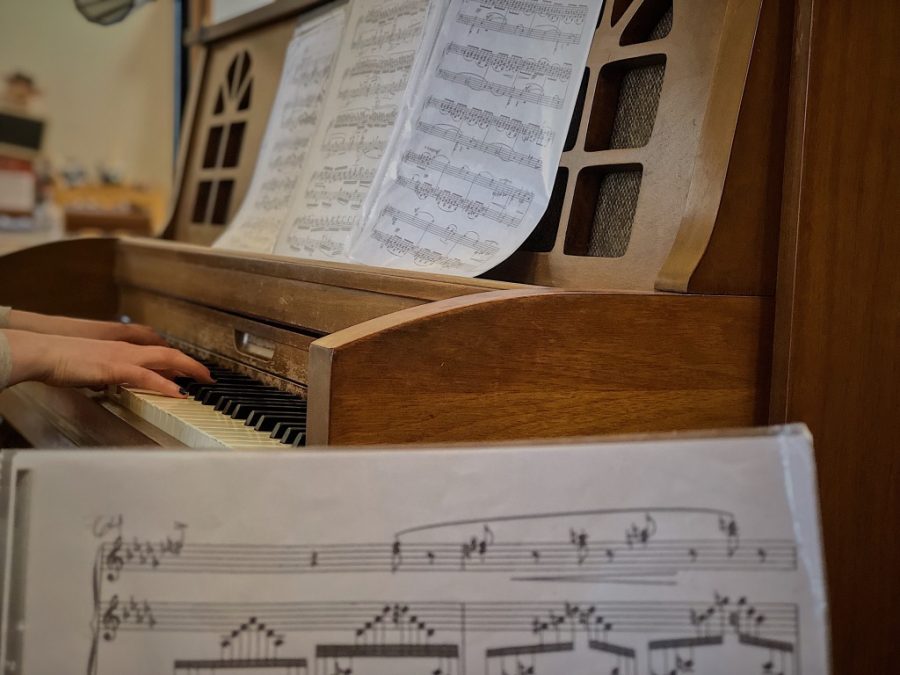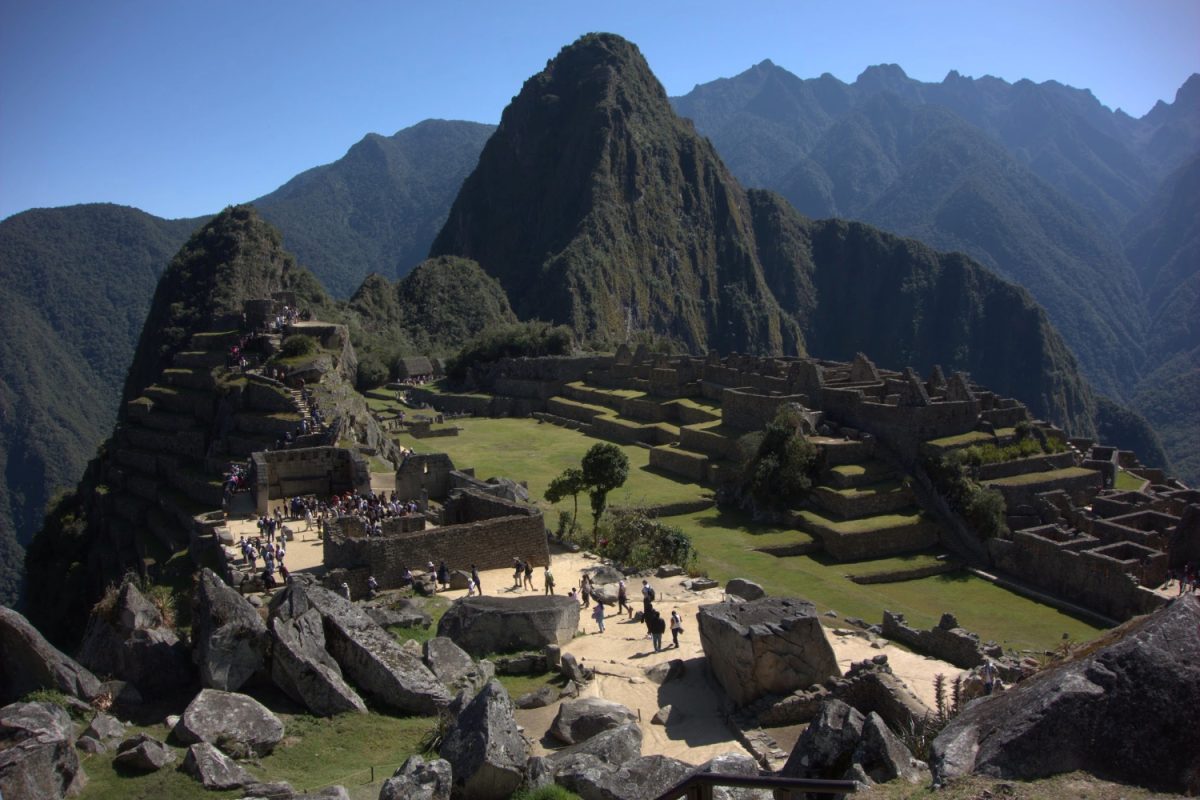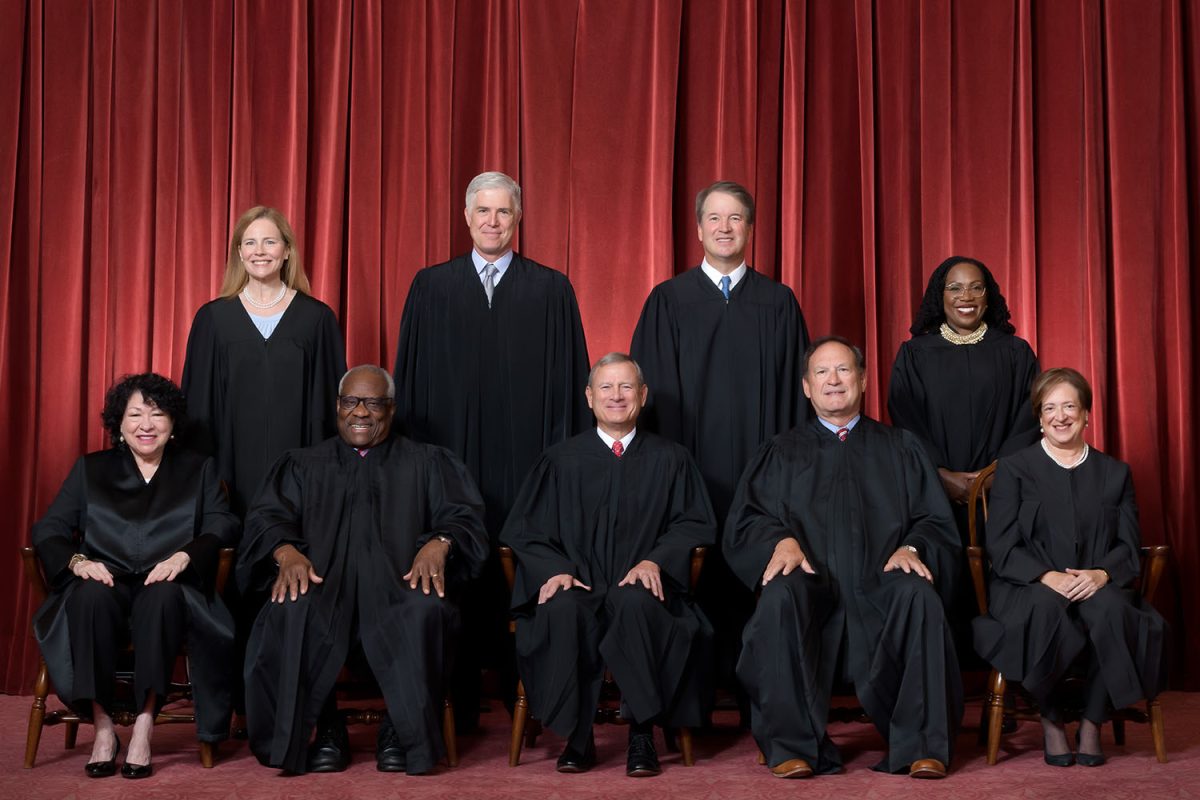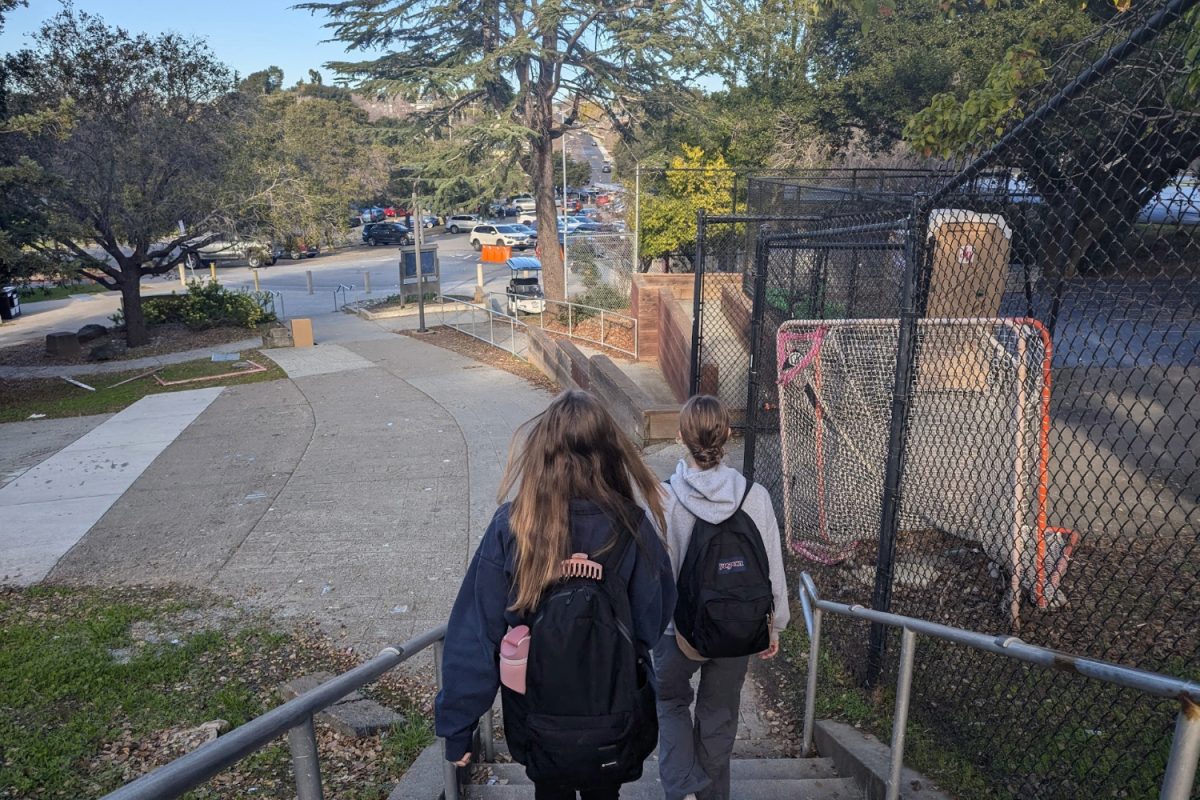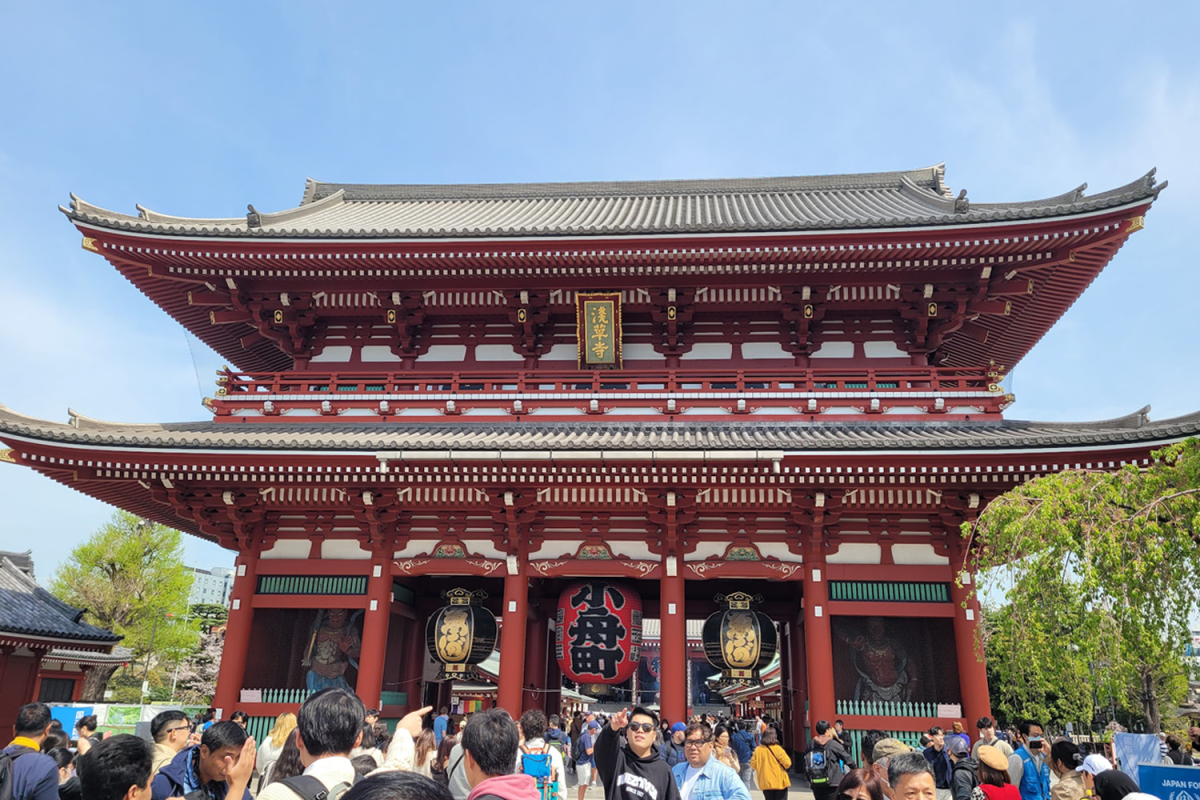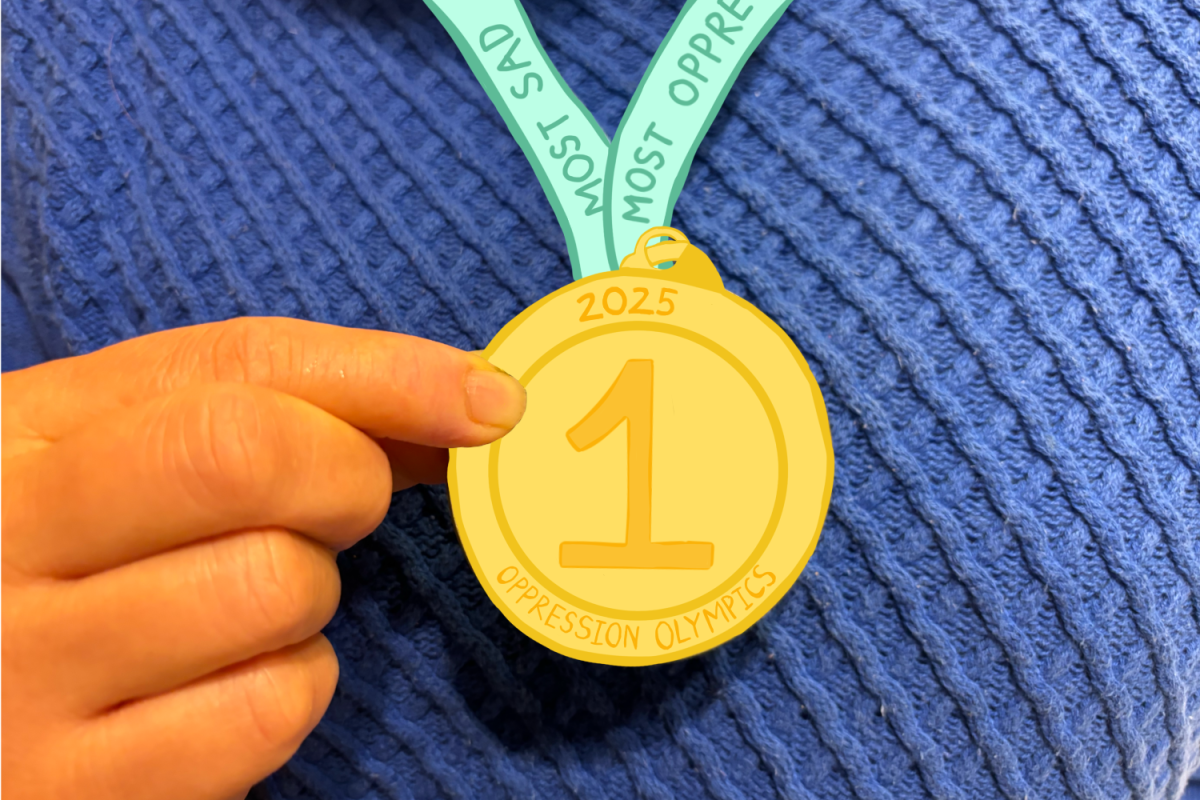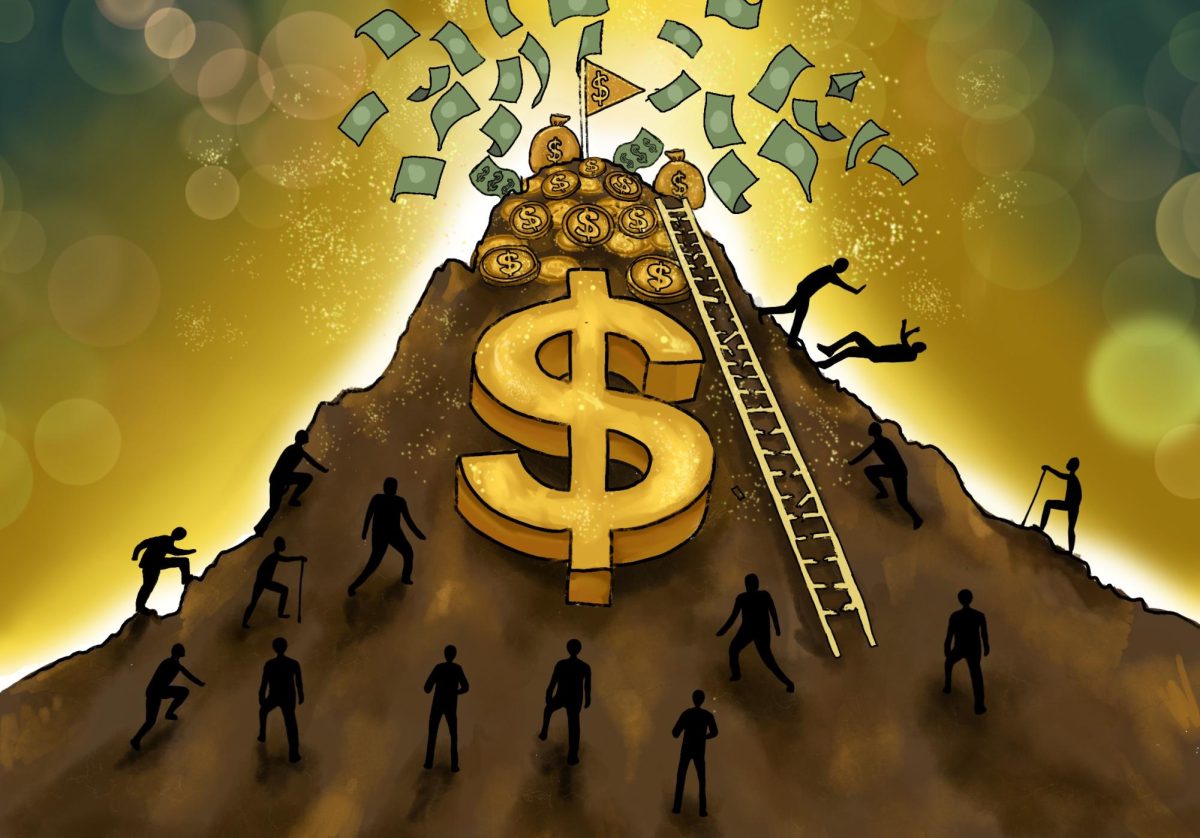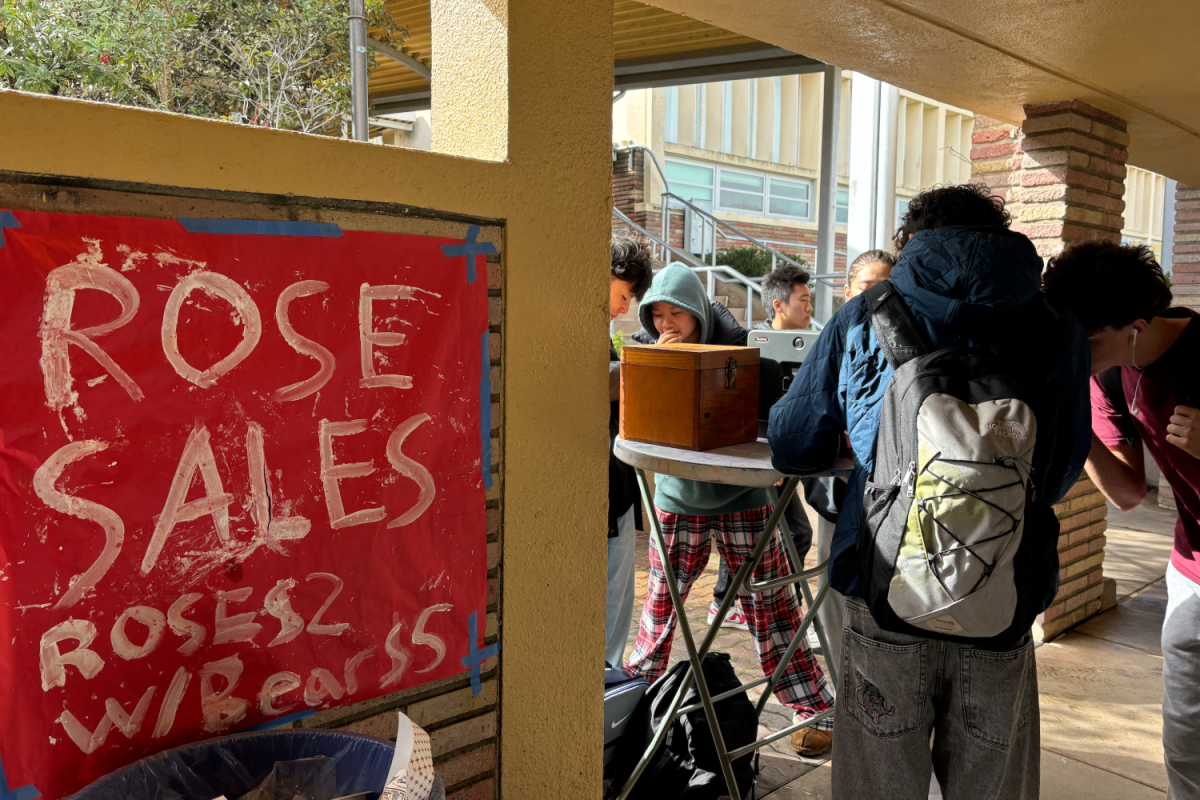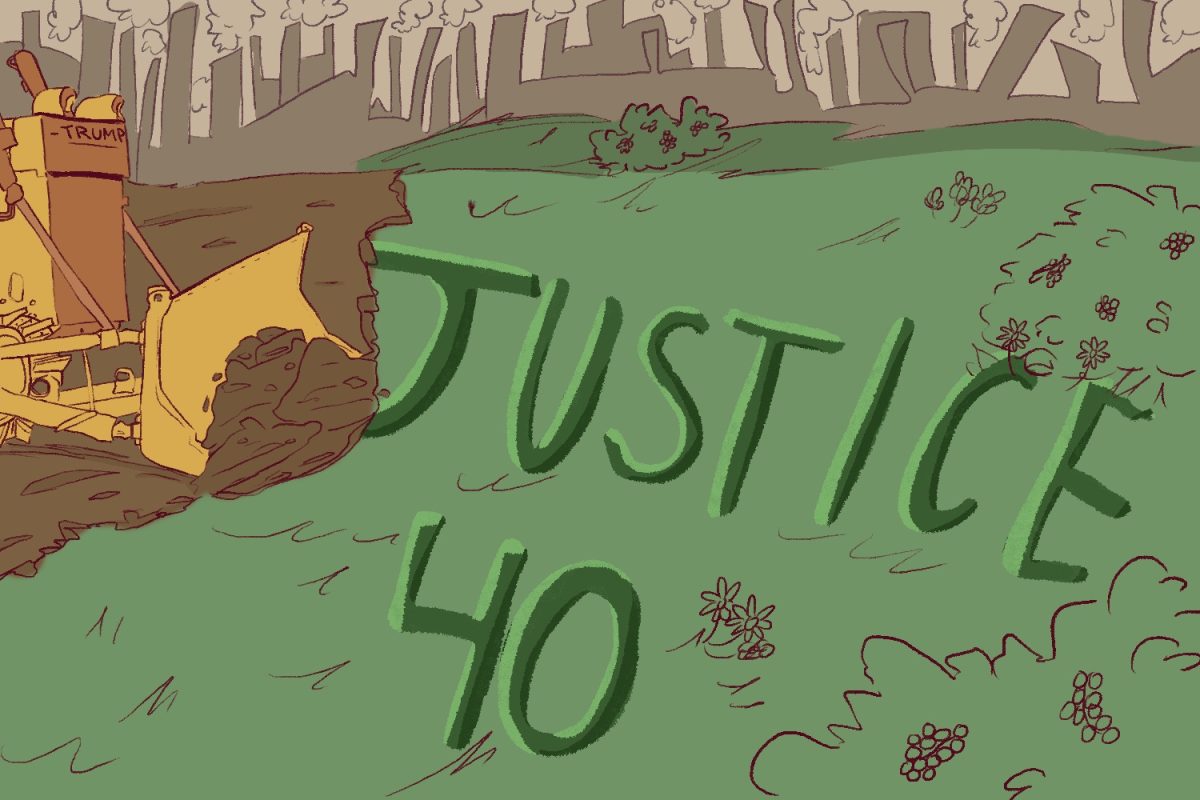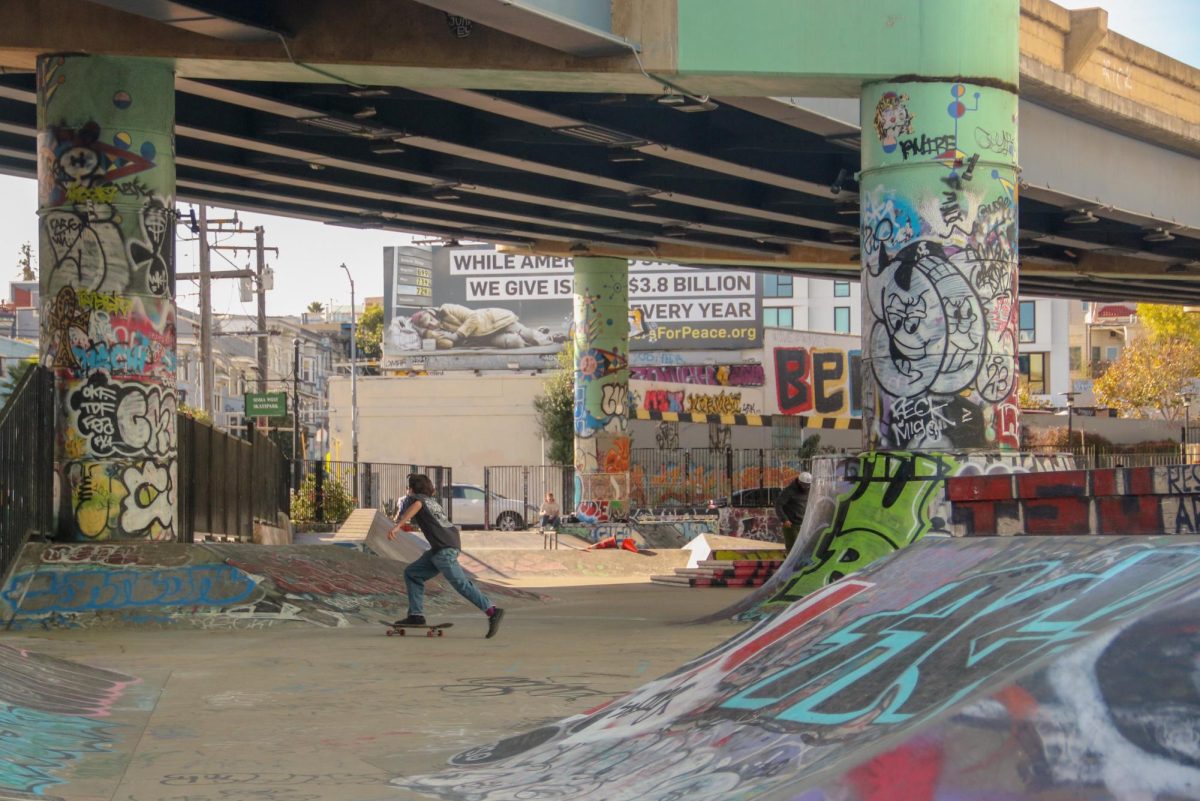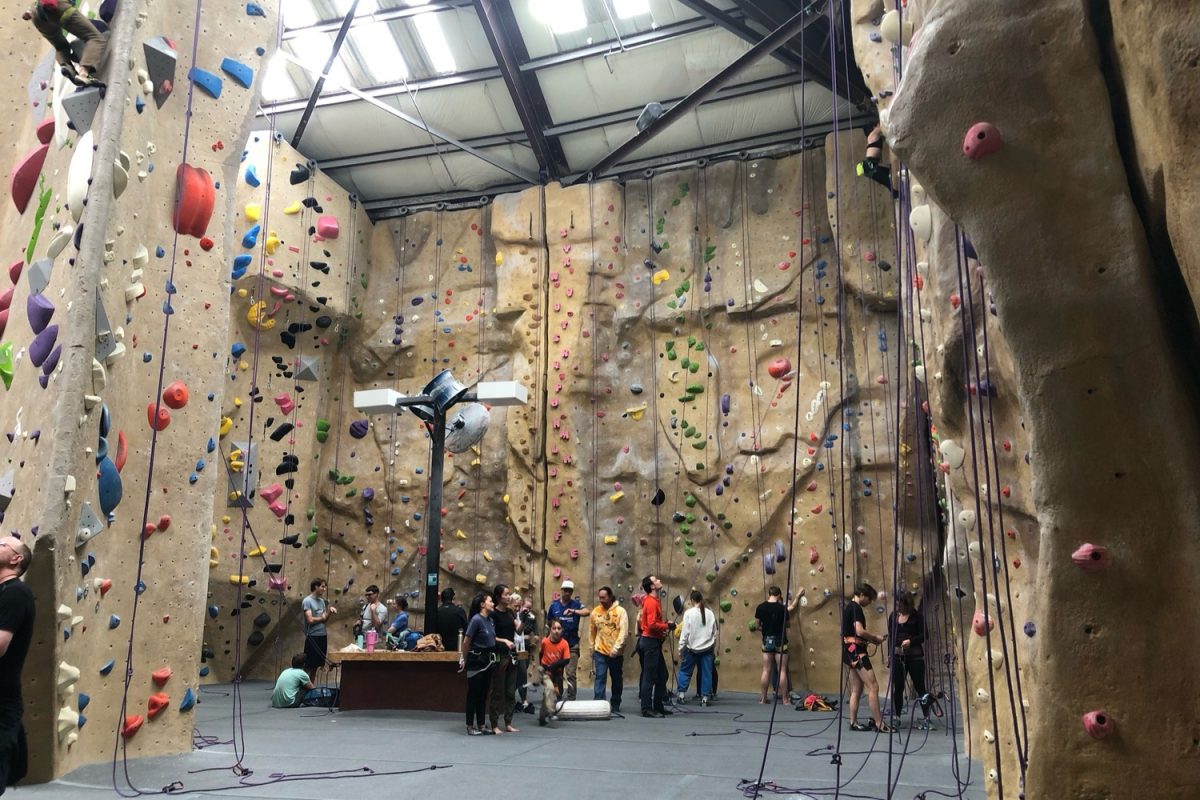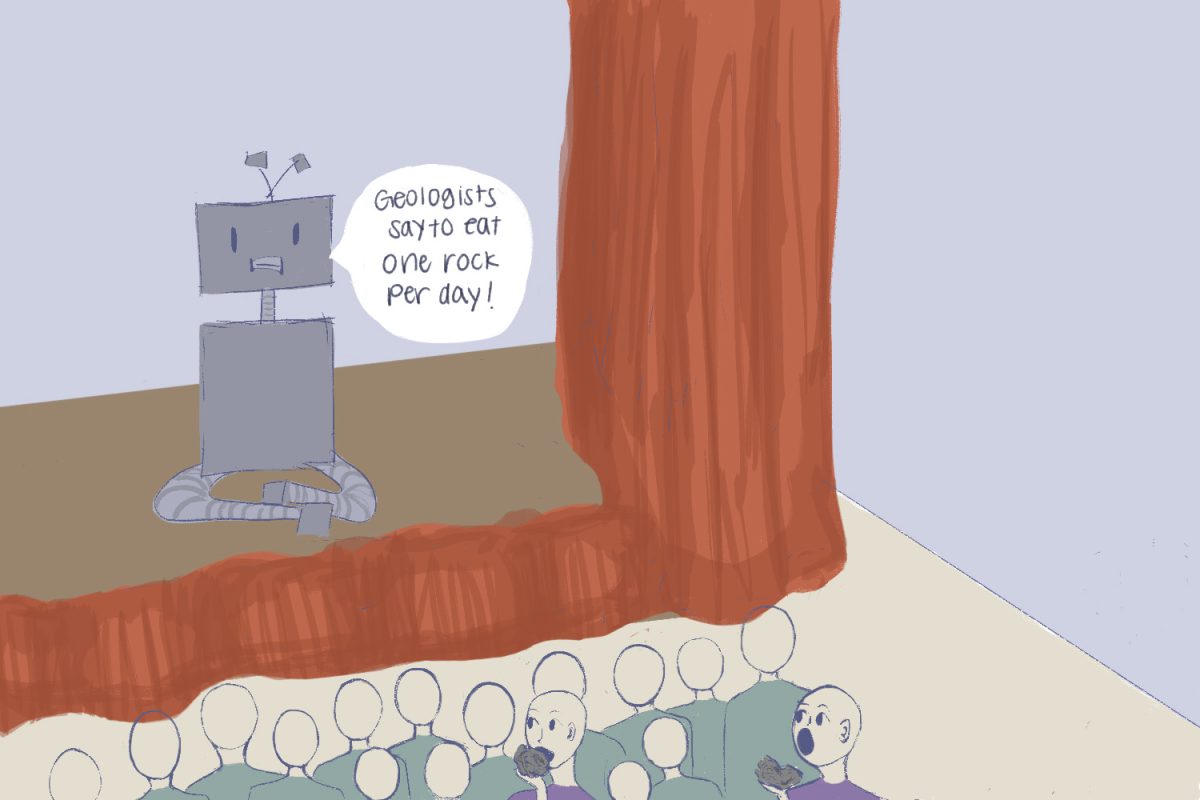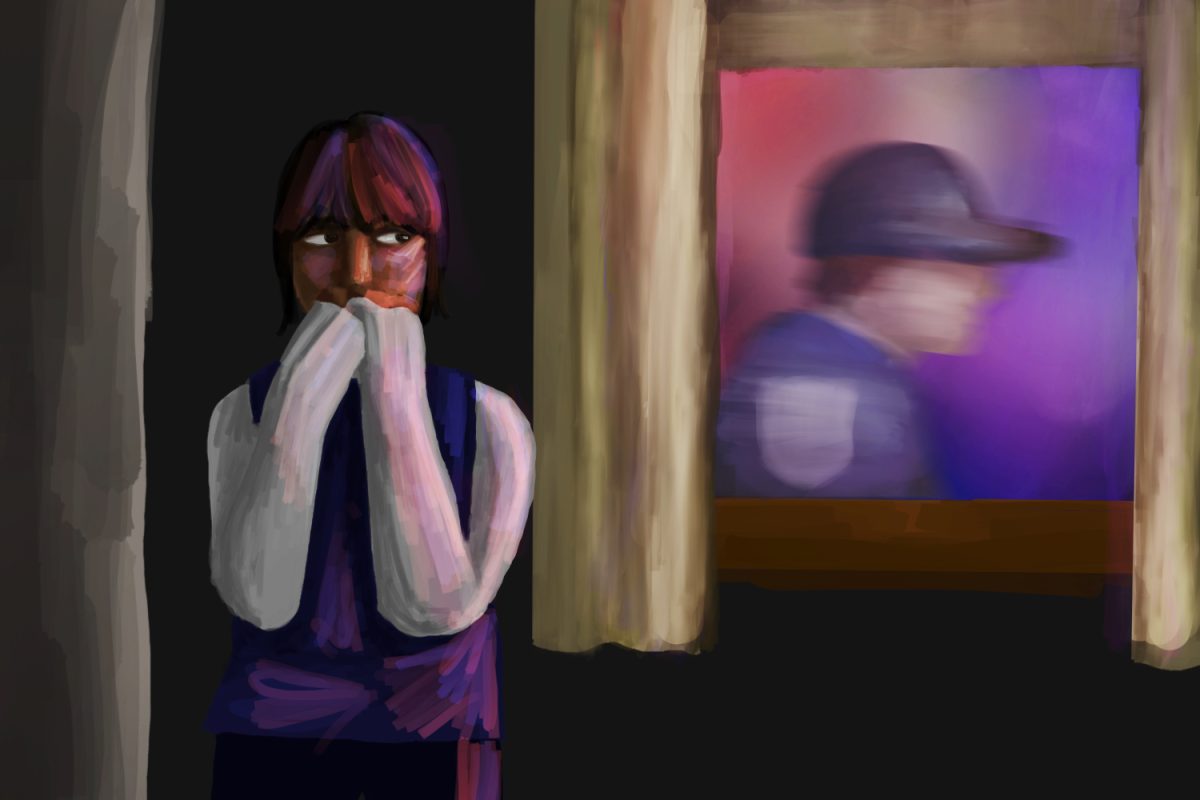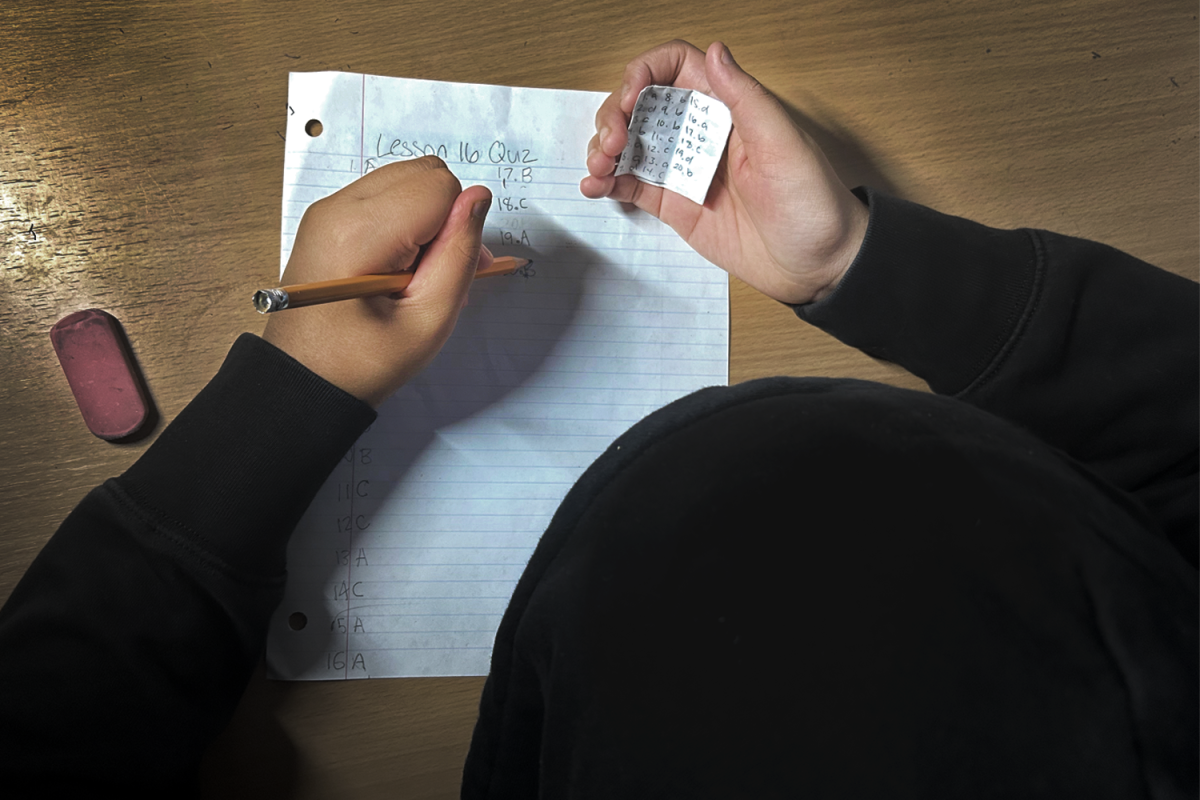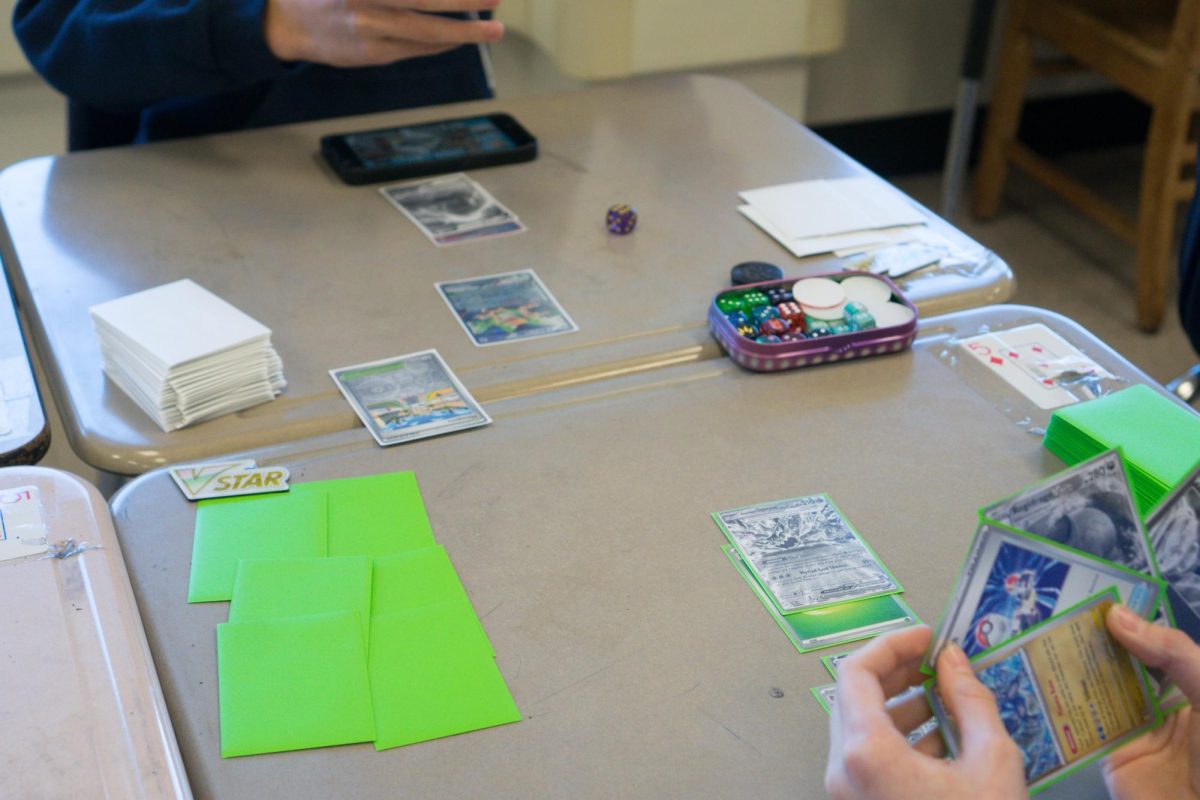As Beethoven, a famous composer, once said, “Music can change the world.”
I started playing the piano when I was 6 years old. Looking back, I now realize how invested my piano teacher was in her passion for music. She was already in her 90’s and suffered through Alzheimer’s, a disease that reflects dementia and memory loss, but I now realize that music was what kept her living.
I observed the same reaction with my second piano teacher. It was like she fell into an abyss of emotion and fell in love with every note she played.
When I started piano, I simultaneously started ballroom dancing. About a year ago, my dance partner’s mother took us to dance for the older veterans in the Palo Alto Health Care System Residence. We danced slow dances to classical music, such as waltz and rumba, and I was surprised by how much the elderly were invested in our dancing. I held hands with some of the seniors and even helped them gently tap their feet to the rhythm of the music. I observed how, after listening to classical music, some of the elderly started telling me about their memories and what their life was like when they were my age. They seemed happier compared to when we initially met them.
It turns out that it wasn’t just me who noticed how much music affects people, especially older generations. According to The Albor Company, a company that helps with residential care, music benefits many of their Alzheimer’s patients. The patients that usually become unable to react to their surroundings become more grounded once the music they are familiar with starts playing.
Music, however, does not only help those who have Alzheimer’s. Harvard Medical School conducted different experiments to prove how music benefits people under stress and helps people throughout various illnesses. They found that music can help people relax and connect with their minds.
If a person is happy, they tend to listen to more upbeat and fast-paced music, and in contrast, if a person is sad, they typically listen to slower music and songs with deeper lyrics.
In addition, music is one of the most important forms of art that people turn to during difficult times and use to express what words sometimes can’t. After the recent COVID-19 outbreak, Italians have started to sing and create music for their neighbors while standing on their balconies. This helps them feel united throughout the obstacles they are facing. After about 5,000 of their loved ones were reported dead, the people of Italy turned to music to balance their feelings and pain.
It comes to me with no surprise that people buy tickets for six months in advance for the next Post Malone concert. We look forward to concerts for entertainment and memorize lyrics of our favorite songs to sing along during performances. We aspire to be like our favorite artists because we connect with their music. We want that feeling of security music gives us, and music is what undoubtedly saves our soul from trouble.
Music is a form of art we should forever cherish, appreciate, and recognize, for it alleviates us in times of turmoil and confusion.

